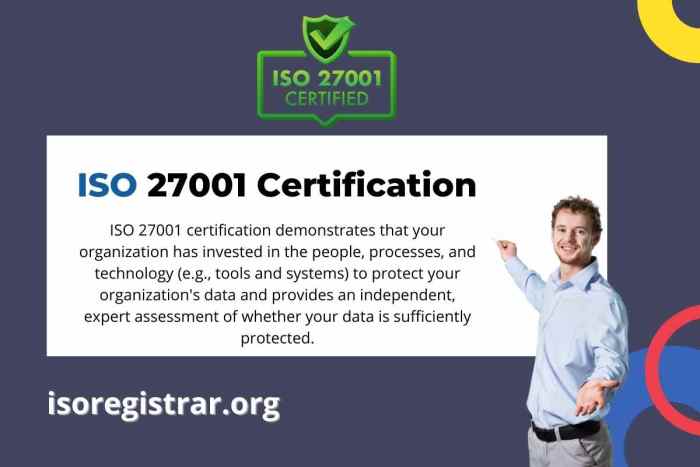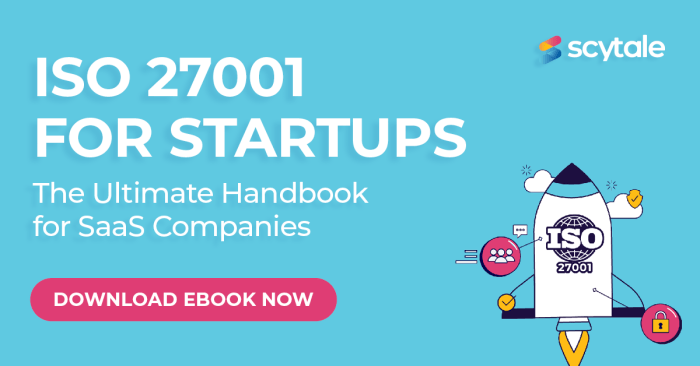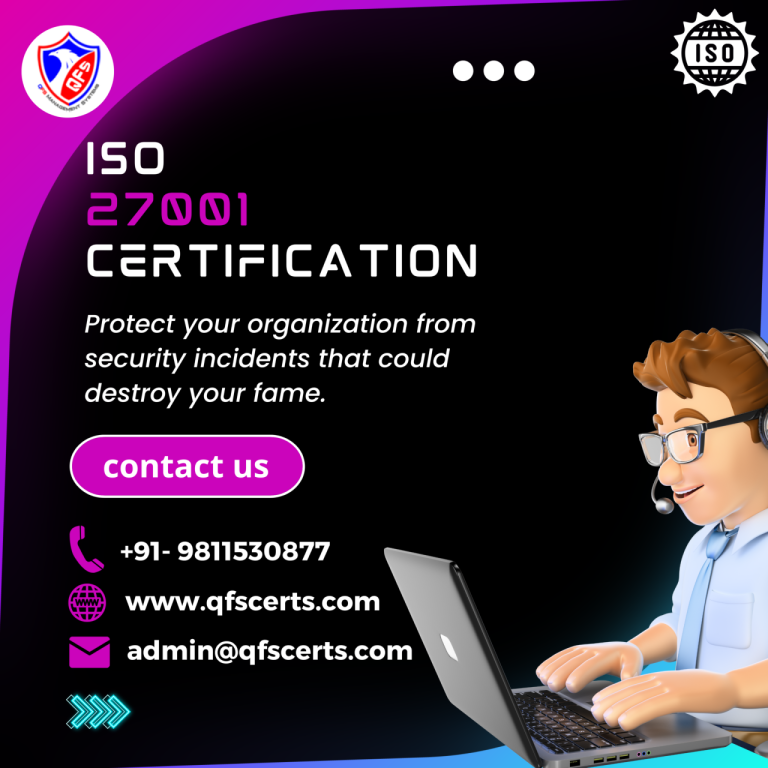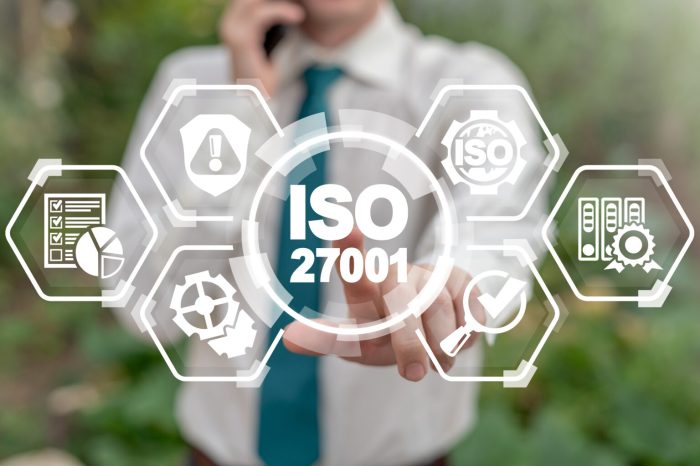ISO 27001 Services A Comprehensive Guide
ISO 27001 services are crucial for organizations seeking robust information security management. This guide explores the various facets of these services, from the foundational principles of ISO 27001 to the practical considerations for implementation and service selection. Understanding the diverse service offerings and delivery methods is key to achieving optimal security outcomes.
This document will cover a wide range of topics, including different service packages, delivery methods, key aspects of effective service delivery, considerations for clients, and future trends. It also features real-world case studies and examples to illustrate the practical application of ISO 27001 principles.
Introduction to ISO 27001 Services
ISO 27001 is a globally recognized standard for establishing and maintaining an Information Security Management System (ISMS). It provides a structured framework for organizations to identify, assess, and mitigate information security risks. This framework is based on a risk-based approach, emphasizing proactive measures rather than simply reacting to incidents.
The significance of ISO 27001 in today’s interconnected world is paramount. Implementing ISO 27001 demonstrates a commitment to information security, builds trust with stakeholders, and helps organizations comply with legal and regulatory requirements. A robust ISMS, aligned with ISO 27001, can protect sensitive data, safeguard reputation, and contribute to business continuity.
Types of ISO 27001 Services
ISO 27001 services encompass a wide range of offerings, tailored to different organizational needs and complexities. These services are crucial for ensuring the effective implementation and maintenance of an ISMS. Key service types include:
- Gap Analysis and Assessment: This service involves a detailed evaluation of an organization’s current information security practices against the requirements of ISO 27001. This analysis identifies areas needing improvement and provides recommendations for achieving compliance.
- Policy and Procedure Development: Developing comprehensive information security policies and procedures that align with ISO 27001 standards is a crucial aspect of an effective ISMS. These policies and procedures must be clear, concise, and effectively communicated to all relevant personnel.
- Implementation Support: This service provides expert guidance and support throughout the implementation process. It can involve assisting with the selection of appropriate controls, developing implementation plans, and training personnel on new procedures.
- Internal Audit and Compliance Support: Maintaining an effective ISMS requires ongoing monitoring and auditing. This service includes conducting internal audits to assess the effectiveness of implemented controls and ensuring continued compliance with ISO 27001 requirements.
- Training and Awareness Programs: A crucial aspect of an ISMS is raising employee awareness and educating them about security risks and responsibilities. Training programs ensure that personnel are equipped with the knowledge and skills necessary to protect sensitive information.
- Certification Support: A common service offering is to guide organizations through the certification process. This can include assisting with documentation, preparing for audits, and providing guidance to meet the requirements of the certification body.
Common Service Offerings Related to ISO 27001
Common service offerings often include a combination of the above-mentioned services. Some providers offer a range of packages catering to different business sizes and needs.
- Complete Implementation Package: This package typically includes gap analysis, policy development, implementation support, training, and certification assistance. This is a comprehensive approach ideal for organizations seeking a complete ISMS solution.
- Phased Implementation: For organizations with limited resources or complex systems, a phased implementation approach may be more suitable. This allows for incremental improvements and a more manageable transition to ISO 27001 compliance.
- Individual Services: Organizations might require specific services, such as training, internal audits, or gap analysis. This allows for flexibility and tailored solutions to meet individual needs.
Comparison of ISO 27001 Service Packages
| Service | Cost | Duration | Scope |
|---|---|---|---|
| Basic Implementation Package | $5,000 – $10,000 | 3-6 months | Small to medium-sized organizations with basic security needs |
| Comprehensive Implementation Package | $10,000 – $30,000+ | 6-12 months | Large organizations with complex systems and extensive security requirements |
| Phased Implementation Package | Variable, based on phases | Variable, based on phases | Organizations seeking a gradual approach to ISO 27001 compliance |
Note: Costs and durations are estimates and can vary based on specific organizational requirements and service providers.
Service Delivery Methods
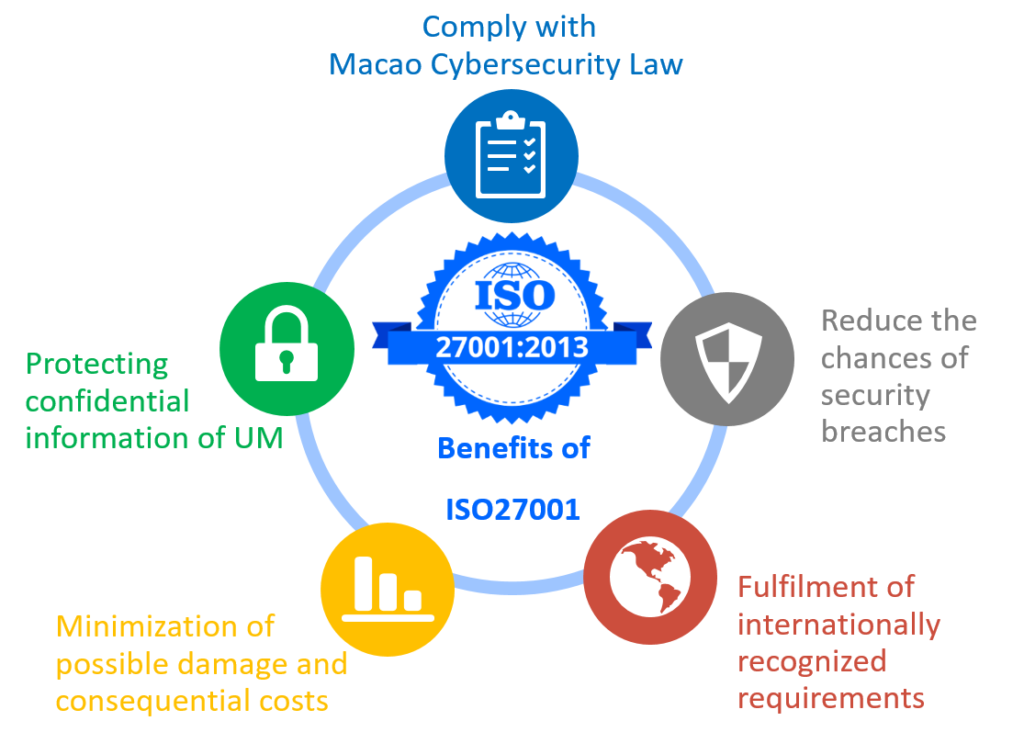
Source: qfscerts.com
ISO 27001 service delivery encompasses a range of methodologies tailored to meet specific client needs. These methods involve a structured approach to implementing information security management systems (ISMS), ensuring organizations achieve and maintain compliance with the standard. Successful implementation relies on careful planning, thorough assessments, and ongoing support.
Common Methods for Delivering ISO 27001 Services
Various methods exist for delivering ISO 27001 services, each with its strengths and weaknesses. Consultants often utilize a phased approach, beginning with a gap analysis to identify existing security controls and determine areas needing improvement. This is followed by development of a tailored security policy, implementation of the selected controls, and ultimately, internal audits to ensure compliance and ongoing effectiveness. Different organizations may require bespoke solutions, leveraging specific technologies or adjusting the implementation timeline to accommodate their unique needs.
Steps Involved in a Typical ISO 27001 Implementation Project
A typical ISO 27001 implementation project typically follows these key stages:
- Initial Assessment and Planning: This phase involves understanding the client’s current security posture, identifying their specific needs and objectives, and developing a detailed project plan. This includes defining the scope of the implementation, establishing timelines, and allocating resources.
- Risk Assessment and Control Development: A comprehensive risk assessment is conducted to identify potential threats and vulnerabilities. Based on this assessment, appropriate security controls are selected and documented, aligning with the organization’s specific risk appetite and regulatory requirements.
- Implementation and Training: This stage involves implementing the selected security controls. This includes configuring security technologies, developing and implementing policies, and training personnel on new procedures. Adequate training is crucial for successful implementation and ongoing compliance.
- Internal Audit and Certification: Internal audits are conducted to ensure the effectiveness of the implemented controls. This helps identify any gaps or weaknesses in the system and enables corrective actions. Once the system is deemed compliant, the organization can pursue certification through a recognized certification body.
- Maintenance and Continuous Improvement: ISO 27001 implementation is not a one-time event. Ongoing maintenance and continuous improvement are crucial to ensuring that the ISMS remains effective. This involves regular reviews, updates, and adjustments to the controls based on evolving threats and risks.
Service Providers for ISO 27001 Implementations
A wide range of organizations provide ISO 27001 implementation services. These providers offer varying levels of expertise and support, and clients should carefully evaluate their capabilities before selecting a partner.
- Consulting Firms: These firms often possess deep expertise in information security and can provide comprehensive support throughout the entire implementation process. They typically have a team of certified consultants who can assess needs, develop tailored solutions, and ensure the organization’s compliance with the standard.
- Certification Bodies: Certification bodies are responsible for auditing and certifying organizations that meet the ISO 27001 requirements. They can provide guidance and support during the implementation process and conduct final audits to ensure certification.
- Technology Providers: Many technology companies offer security solutions that can be integrated into an organization’s existing infrastructure. These solutions can help automate and enhance security controls.
- Training Providers: Companies specializing in security training can provide personnel with the knowledge and skills needed to effectively manage and maintain an ISMS.
Importance of Communication Strategies in ISO 27001 Services
Effective communication is paramount in ensuring the success of any ISO 27001 implementation project. Open communication channels between the service provider and the client foster trust and clarity, minimizing misunderstandings and ensuring alignment on objectives. Regular updates and feedback mechanisms are essential for keeping all stakeholders informed.
Communication Channels for ISO 27001 Service Delivery
Different communication channels are utilized for various purposes during an ISO 27001 implementation project.
| Channel | Frequency | Target Audience | Purpose |
|---|---|---|---|
| Regular Meetings | Weekly/Bi-weekly | Project Team, Management | Progress updates, problem resolution, decision-making |
| Daily/Weekly | All Project Stakeholders | Formal communication, documentation sharing | |
| Project Management Software | As needed | Project Team | Tracking progress, assigning tasks, managing documents |
| Dedicated Project Portal | Ongoing | All Project Stakeholders | Centralized information repository, access control |
Key Aspects of ISO 27001 Services
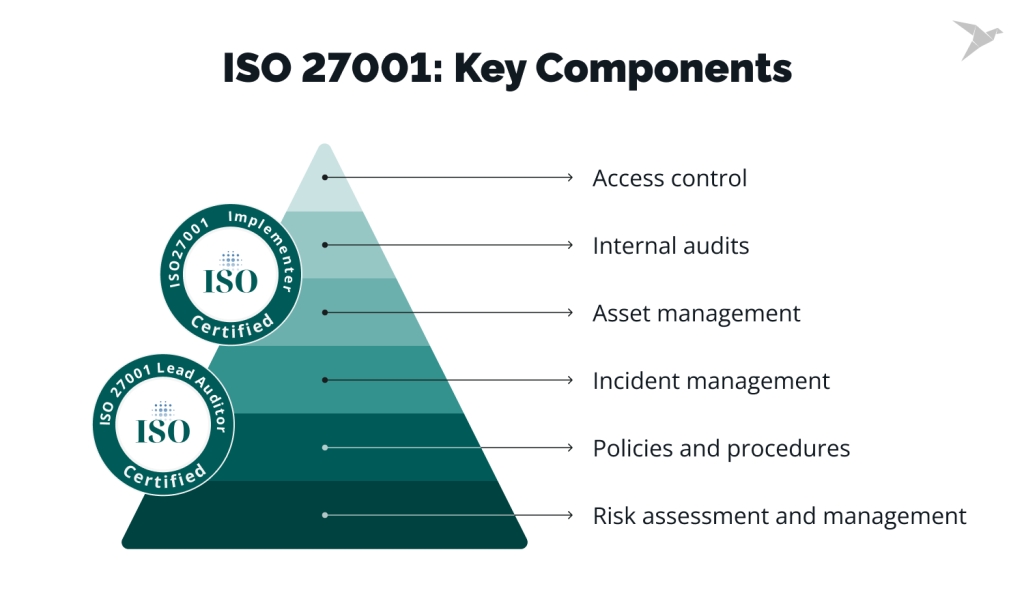
Effective ISO 27001 service delivery hinges on a comprehensive approach encompassing risk management, robust policies, skilled personnel, and rigorous auditing. This framework ensures organizations can consistently meet the standard’s requirements and protect sensitive information.
Crucial Elements for Effective Service Delivery
A successful ISO 27001 implementation requires careful attention to several key elements. These elements are intertwined, with each contributing to the overall effectiveness of the service. They include a well-defined risk assessment and management process, comprehensive policies and procedures, and a commitment to ongoing staff training and internal audits.
Risk Assessment and Management
Risk assessment and management are paramount in ISO 27001 implementations. This involves identifying potential threats to information assets, evaluating the likelihood and impact of those threats, and developing appropriate controls to mitigate risks. A robust risk management process ensures that the organization prioritizes its most critical assets and implements controls effectively. This proactive approach is critical to safeguarding sensitive data and maintaining business continuity. For example, a company handling financial transactions needs to identify risks such as fraud and data breaches, then implement security controls like multi-factor authentication and strong encryption to mitigate those risks.
Policies and Procedures
Well-defined policies and procedures are essential for guiding the organization’s information security practices. They provide a clear framework for all employees to follow, ensuring consistency and accountability. These documents should list responsibilities, processes, and expected behaviors related to information security. Clear policies and procedures facilitate the efficient implementation and maintenance of the ISO 27001 framework. For instance, a strong policy on data handling will specify how data is to be stored, transferred, and disposed of.
Staff Training
Staff training is crucial for successful ISO 27001 implementation. All personnel involved in handling information assets need to understand their responsibilities and the importance of information security. Training programs should cover topics such as awareness of threats, risk assessment procedures, policy compliance, and the use of security controls. Effective training empowers staff to become active participants in maintaining a secure environment. A comprehensive training program can cover topics such as recognizing phishing attempts, secure password practices, and proper disposal of sensitive documents.
Internal Audits
Internal audits play a vital role in ensuring ongoing compliance with ISO 27001. They provide an independent assessment of the organization’s information security controls, identifying any weaknesses or gaps. Regular audits help maintain the effectiveness of controls, ensuring that the system remains aligned with the standard’s requirements. A well-structured audit program will evaluate the effectiveness of security controls and identify areas needing improvement. This iterative process ensures the ongoing effectiveness of the security controls.
Key Stages of an ISO 27001 Implementation Process
| Stage | Activities | Deliverables |
|---|---|---|
| Planning | Define scope, identify stakeholders, establish project team, assess current state, research ISO 27001 requirements, and prepare implementation plan. | Project plan, stakeholder register, risk assessment register, and documented scope. |
| Risk Assessment & Control Development | Identify information assets, assess threats and vulnerabilities, determine risk levels, and define mitigating controls. | Documented risk register, control objectives, and control measures. |
| Policy & Procedure Development | Develop policies and procedures that address the identified risks and controls, including roles and responsibilities. | Documented policies and procedures, employee training materials. |
| Implementation & Training | Implement security controls, conduct staff training, and document processes and procedures. | Implemented controls, trained staff, and updated documentation. |
| Internal Audits & Certification | Conduct internal audits to ensure compliance and prepare for certification audit. | Internal audit reports, certification documentation. |
Client Considerations for ISO 27001 Services
Choosing an ISO 27001 service provider is a crucial decision for any organization seeking to enhance its information security posture. A well-chosen provider can significantly streamline the certification process and contribute to a robust security framework. Conversely, a poorly selected provider can lead to delays, wasted resources, and potentially compromise the organization’s security.
Factors to Consider When Selecting a Provider
Organizations should carefully evaluate potential providers based on several key factors. These include the provider’s experience, expertise, and demonstrable track record. Understanding the provider’s understanding of the specific industry and security needs of the organization is equally important. A provider with deep industry knowledge can tailor their services to address unique vulnerabilities and compliance requirements. Finally, the provider’s communication style and responsiveness are essential for a smooth and efficient relationship.
Questions to Ask Potential Providers
Thorough questioning is essential for assessing the suitability of potential providers. This involves inquiries about their experience with similar organizations, their approach to tailoring solutions, and their proven ability to deliver successful projects. Critically, understanding their approach to risk assessment and their methodology for gap analysis are essential to evaluating their proficiency.
- What is your experience with organizations in industries similar to ours?
- How do you tailor your ISO 27001 services to meet the specific needs of each client?
- Can you provide case studies demonstrating successful projects and certifications?
- How do you approach risk assessment and gap analysis for our organization?
- What is your methodology for developing and implementing security controls?
- What is your process for communicating with clients during the project lifecycle?
Importance of Clear Contracts and Service Level Agreements (SLAs), Iso 27001 services
Clear contracts and service level agreements (SLAs) are vital for defining expectations and ensuring accountability. These documents should explicitly article the scope of services, deliverables, timelines, and payment terms. Well-defined SLAs help prevent misunderstandings and ensure that the provider meets agreed-upon standards. They also provide a framework for resolving any disputes that may arise.
- Clear contracts article the specific services provided, timelines, and responsibilities of both parties.
- Service level agreements (SLAs) define specific performance metrics and the consequences of not meeting those metrics.
- These agreements protect both the client and the provider by establishing clear expectations and a structured process for resolving any issues.
Potential Risks and Challenges
Organizations should recognize that engaging an ISO 27001 service provider can present certain risks. These include potential delays in the certification process, the need to adapt to the provider’s methodology, and the risk of information security breaches if the provider is not adequately vetted. Effective communication and careful selection of a reputable provider can mitigate these risks.
Checklist for Evaluating Potential ISO 27001 Service Providers
This checklist provides a structured approach for evaluating potential service providers. It focuses on key criteria that ensure the provider is well-suited to the specific needs of the organization.
| Criteria | Evaluation |
|---|---|
| Experience and Expertise | (High/Medium/Low) |
| Industry Knowledge | (High/Medium/Low) |
| Communication and Responsiveness | (High/Medium/Low) |
| Project Management Capabilities | (High/Medium/Low) |
| References and Testimonials | (Available/Not Available) |
| Pricing and Payment Terms | (Competitive/Uncompetitive) |
Future Trends in ISO 27001 Services
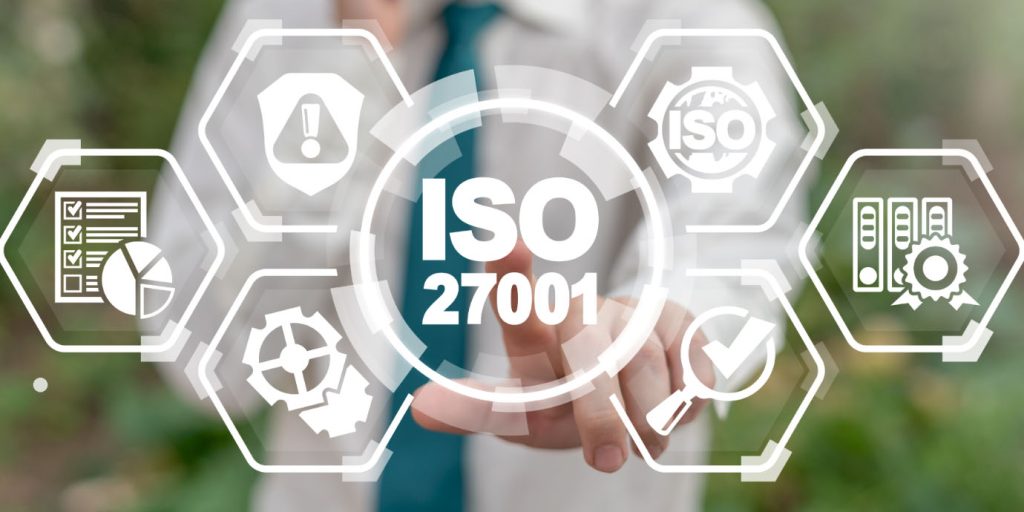
The ISO 27001 standard, focusing on information security management systems, continues to evolve alongside emerging technologies and evolving threat landscapes. This necessitates a dynamic approach to service provision, where consultants and providers adapt to maintain relevance and efficacy. Consequently, future ISO 27001 services will prioritize proactive risk management and agile implementation strategies.
The increasing complexity of cybersecurity threats, coupled with the pervasive use of cloud technologies, is driving a need for specialized expertise and bespoke solutions in ISO 27001 implementations. This trend necessitates a shift from generic templates to customized approaches that address specific organizational needs and vulnerabilities.
Emerging Trends in Cloud Security
The adoption of cloud computing has dramatically altered the landscape of information security. ISO 27001 services are adapting to the unique security challenges presented by cloud environments. This involves understanding cloud-specific controls, ensuring compliance with cloud service provider (CSP) security policies, and managing data residency and access regulations. Companies are recognizing the importance of securing data stored in the cloud and are incorporating this into their ISO 27001 frameworks.
Impact of Cybersecurity on ISO 27001 Implementation
Cybersecurity threats are becoming more sophisticated and frequent. ISO 27001 service providers are responding by offering advanced security assessments, threat modeling services, and incident response planning. The emphasis is shifting from reactive measures to proactive strategies that identify potential vulnerabilities before they are exploited. Companies are increasingly prioritizing continuous monitoring and threat intelligence to stay ahead of emerging cyber risks.
Influence of Emerging Technologies
Emerging technologies, such as artificial intelligence (AI) and machine learning (ML), are influencing the delivery of ISO 27001 services. AI-powered tools can automate security assessments, identify anomalies, and predict potential threats, thereby increasing the efficiency and accuracy of risk management. The use of ML allows for real-time monitoring of network traffic and user activity, enhancing the ability to detect and respond to cyber incidents promptly. For example, some firms are employing AI-driven tools to analyze log files for suspicious activities, enabling a more proactive approach to security management.
Predictions for Future Demand
The demand for ISO 27001 services is projected to continue to rise, driven by increasing regulatory requirements, the growing adoption of cloud computing, and the rising sophistication of cyberattacks. Organizations across various sectors, including healthcare, finance, and government, will need expert guidance to implement and maintain robust information security management systems. This growth will likely be fueled by the need for continuous improvement and adaptation to changing security landscapes. For example, the increasing number of data breaches and fines associated with non-compliance is driving a greater urgency for organizations to implement ISO 27001.
Adapting to New Regulatory Requirements
Companies are adapting their ISO 27001 services to accommodate evolving regulatory frameworks, such as GDPR, CCPA, and HIPAA. This involves staying updated on the latest regulatory changes, incorporating the relevant controls into service offerings, and providing clients with expert advice on navigating the intricacies of these regulations. Compliance with these regulations is crucial to maintaining trust and avoiding costly penalties. This includes offering specialized services to help organizations understand and comply with these regulations.
Case Studies and Examples
Implementing ISO 27001 provides a structured approach to information security management, but its effectiveness hinges on practical application and demonstrable results. Real-world case studies illuminate the successful implementation journeys of organizations, showcasing the tangible benefits achieved. These examples provide valuable insights for companies considering or already engaged in ISO 27001 adoption.
Successful ISO 27001 Implementation Projects
Organizations across various sectors have successfully implemented ISO 27001, enhancing their overall security posture and operational efficiency. These implementations often involve a phased approach, starting with a comprehensive risk assessment, followed by the development and deployment of security controls aligned with the organization’s specific needs. The chosen methodology often considers the organization’s size, complexity, and resources.
- A financial institution, recognizing the escalating threat landscape, implemented ISO 27001 to bolster its data security practices. The process involved meticulous planning, training of staff, and ongoing monitoring of security controls. As a result, the institution experienced a notable decrease in data breaches and improved customer trust, leading to increased market share.
- A healthcare provider, prioritizing patient data protection, embraced ISO 27001. This involved establishing robust access controls, encrypting sensitive information, and regularly reviewing security policies. The successful implementation resulted in a strengthened security posture, complying with regulatory requirements, and enhancing the reputation of the organization.
- A retail company aiming to safeguard customer information adopted ISO 27001. By implementing a comprehensive security framework, including network segmentation and intrusion detection systems, the company experienced a reduction in fraudulent activities and improved customer satisfaction. This resulted in enhanced financial performance and a positive impact on the bottom line.
Leveraging ISO 27001 to Enhance Security Posture
ISO 27001 isn’t merely a certification; it’s a dynamic framework for continuous improvement in information security. Organizations can leverage the standard to identify and mitigate vulnerabilities, strengthening their security posture across all aspects of their operations. This includes improving incident response protocols, enhancing data protection, and fostering a security-conscious culture.
- A telecommunications company used ISO 27001 to address vulnerabilities in its network infrastructure. Through the implementation process, the company identified and remediated weak points in its network security, leading to a reduction in cyberattacks and improved operational resilience. This enhanced the company’s reputation as a secure and trustworthy organization.
- A manufacturing company applied ISO 27001 to protect its intellectual property. The framework helped the company implement robust access controls and data encryption measures, significantly reducing the risk of intellectual property theft. This protected their competitive edge and fostered innovation.
Benefits Realized by Adopting ISO 27001
Organizations adopting ISO 27001 often experience a multitude of benefits, extending beyond compliance requirements. These include enhanced data protection, reduced security risks, improved operational efficiency, and strengthened stakeholder confidence. A demonstrably secure environment fosters trust and strengthens the company’s reputation.
- Reduced financial losses from security breaches, leading to increased profitability.
- Improved operational efficiency, resulting in streamlined processes and enhanced productivity.
- Enhanced stakeholder confidence and trust, resulting in improved customer loyalty and investor relations.
A Success Story
“Implementing ISO 27001 was a strategic decision for our company, leading to a significant improvement in our overall security posture. We found the framework to be remarkably adaptable to our specific needs, enabling us to tailor controls to our operational environment. The implementation process fostered a security-conscious culture within our organization, ultimately reducing risks and enhancing our resilience.” – [Name of a fictitious company]
A Case Study: ISO 27001 Service Offering
A dedicated service provider offers a comprehensive ISO 27001 implementation program. The service involves a detailed risk assessment, development of a tailored security management system, training of personnel, and ongoing support and monitoring. The program is customized to meet the unique needs of each client, encompassing areas such as data protection, access controls, and incident response. The service provider offers a complete end-to-end solution, ensuring that clients achieve a robust and effective security framework.
Ultimate Conclusion: Iso 27001 Services
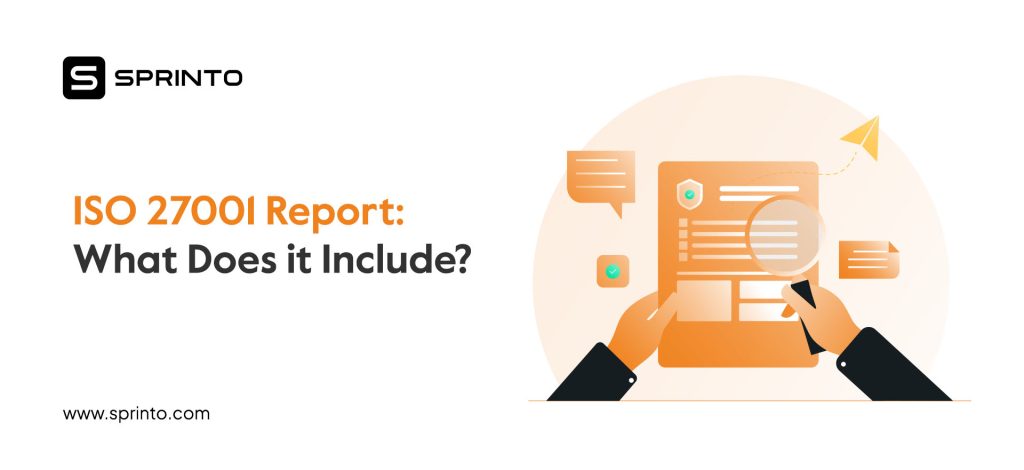
In conclusion, navigating the world of ISO 27001 services requires a thorough understanding of the various components, from the standards themselves to the practicalities of implementation. By considering the different service providers, delivery methods, and client considerations, organizations can confidently select the right services to meet their specific security needs. This guide provides a solid foundation for organizations seeking to enhance their information security posture through the implementation of ISO 27001.
